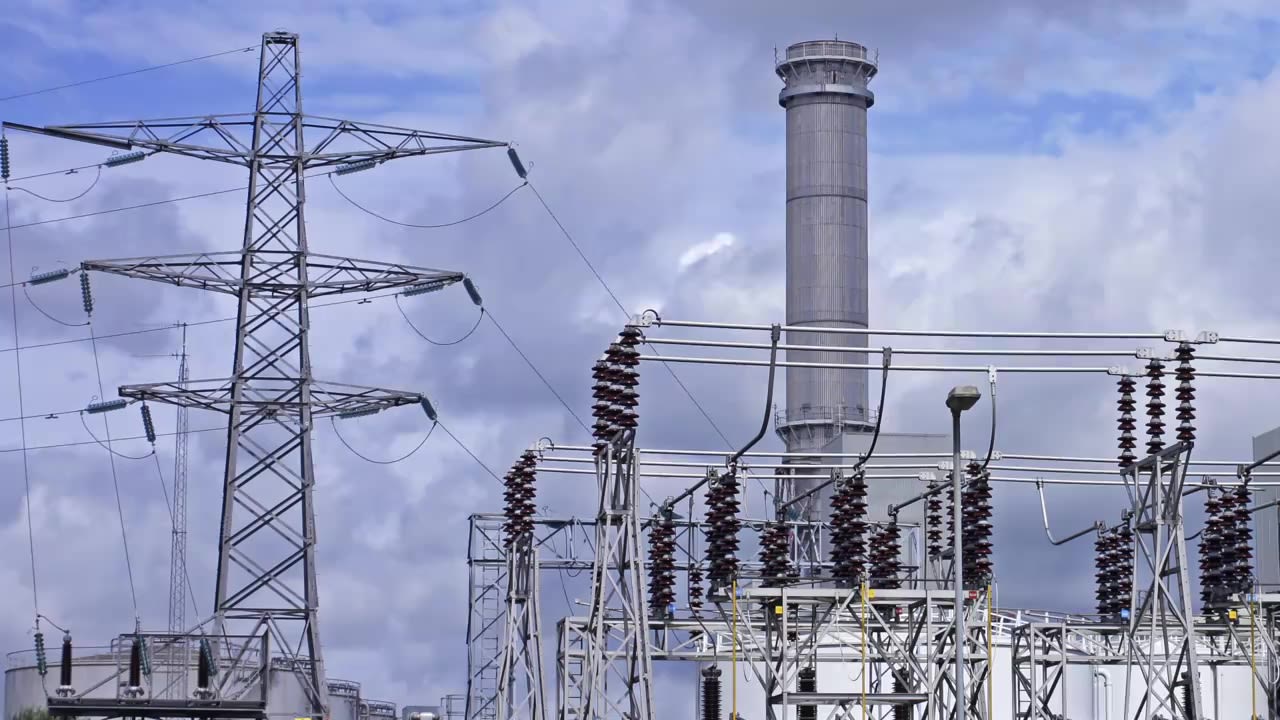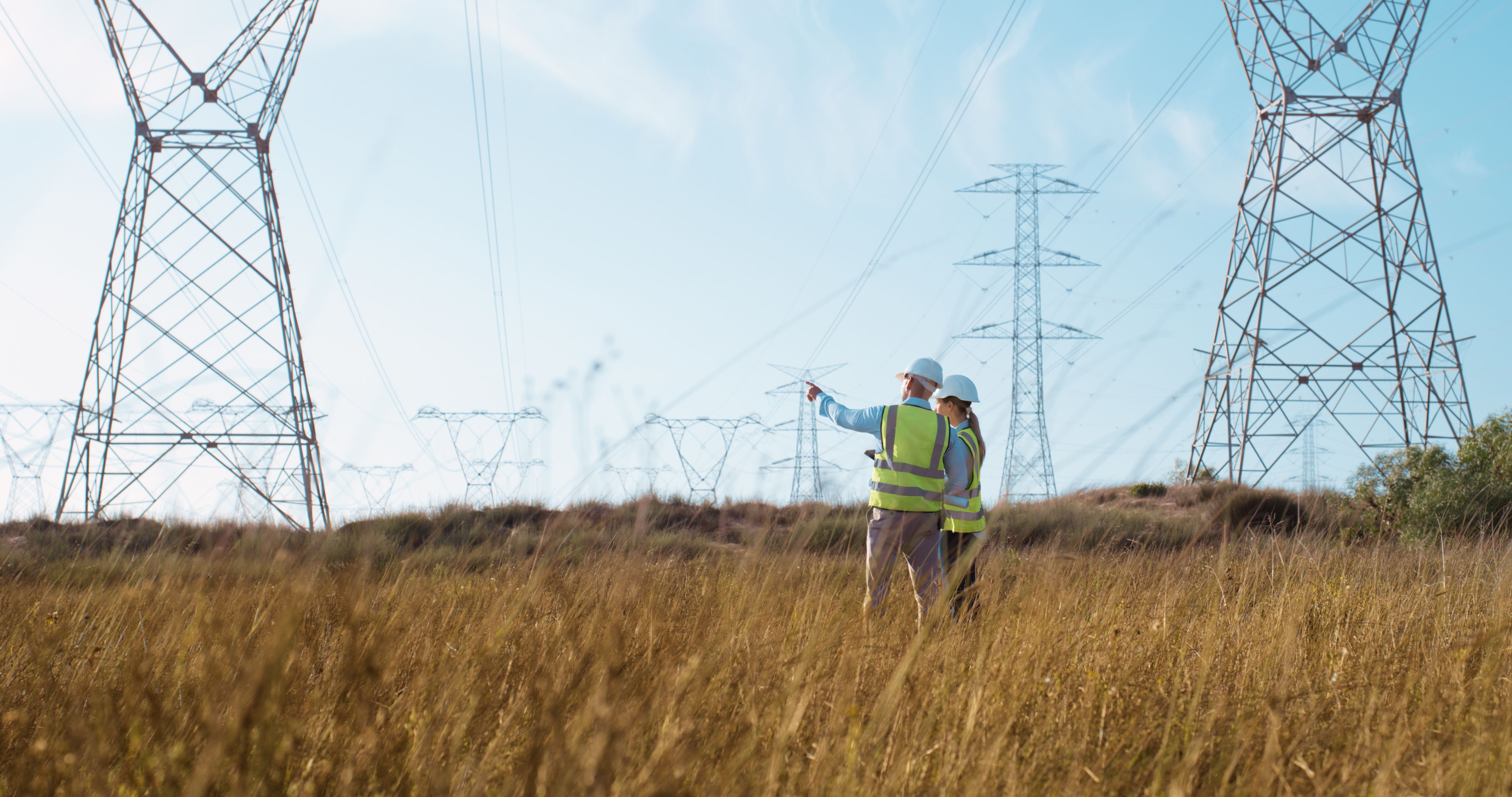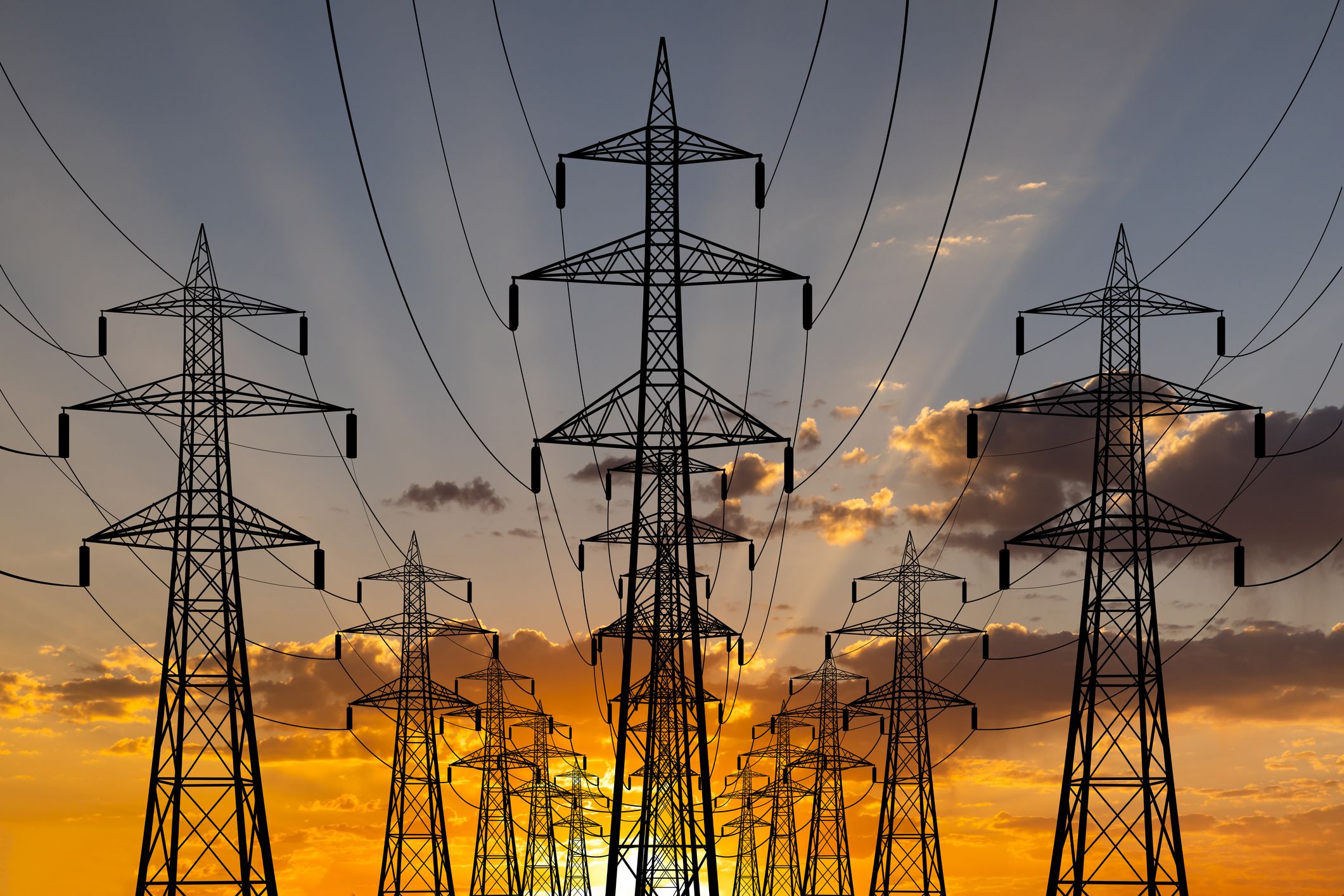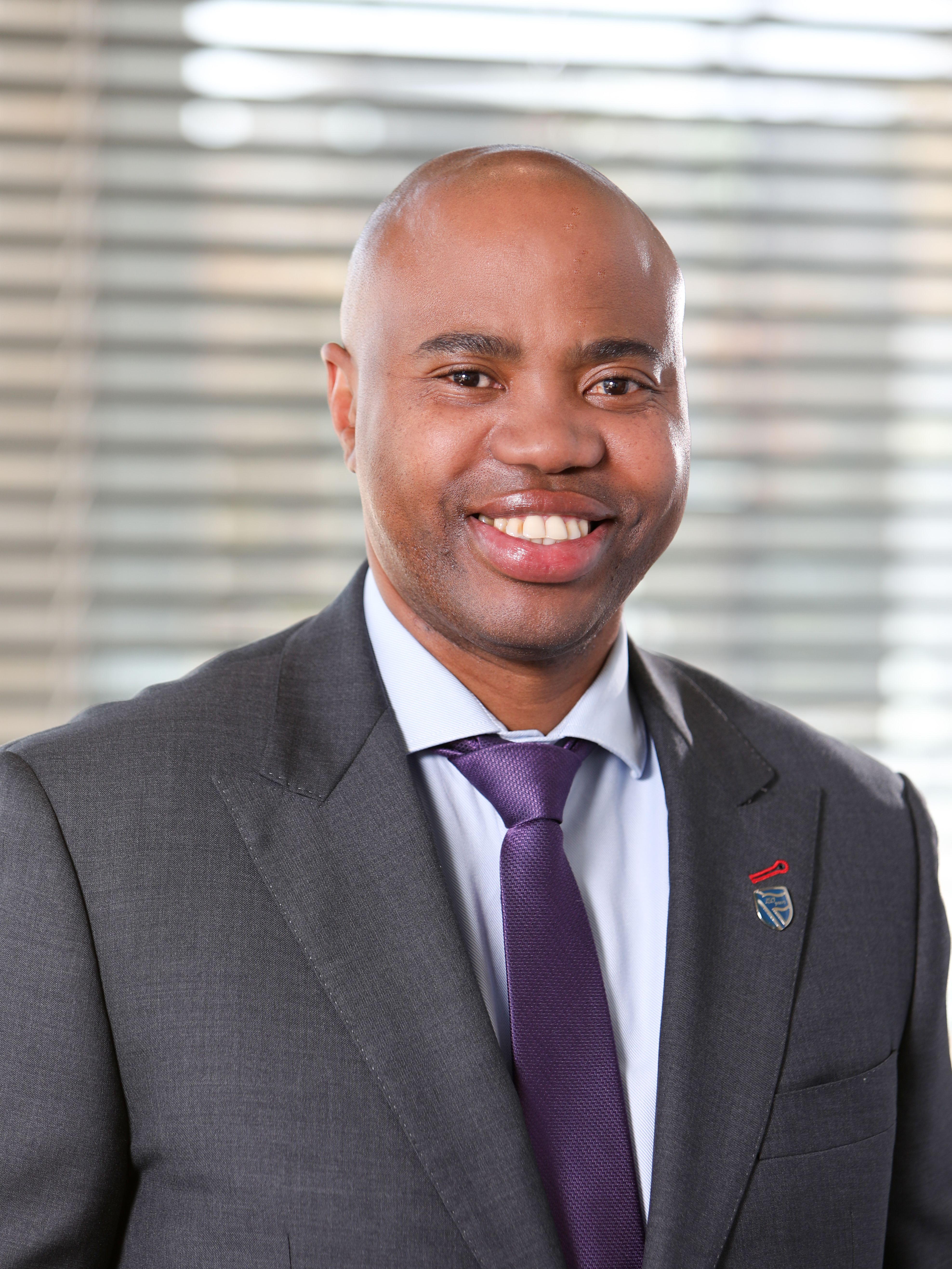The role of infrastructure in powering Africa’s Just Energy Transition

Investing in infrastructure is vital for Africa's growth. Despite a $100 billion annual shortfall, targeted investments in sectors like healthcare, agriculture, and energy infrastructure can yield significant results. Asanda Tsotsi from Standard Bank Group highlights the need for bankable projects and sustainable financing.
Investing in infrastructure development has been proven to yield positive economic growth and drive key sectors such as healthcare, agriculture, and energy. According to the World Bank, fulfilling the necessary improvements in infrastructure to provide basic and essential services for millions of people around the world adds up to 4.5% of GDP annually.
There has been a significant lag in infrastructure development on the African continent, with the African Development Bank recording a $100 billion annual shortfall in infrastructure financing.
Asanda Tsotsi, Head of Project & Export Finance at Standard Bank Group CIB, says that closing this shortfall is not just about investing more but investing in the right infrastructure to yield tangible results for society.
Asanda Tsotsi, Head of Project & Export Finance at Standard Bank Group CIB,
Asanda Tsotsi, Head of Project & Export Finance at Standard Bank Group CIB,
“The infrastructure gap is impacting our lives today and significantly curtailing our potential for economic, entrepreneurial, and developmental progress. Access to energy, like education and internet connectivity, is foundational and transformative. The African Union estimates that inadequate infrastructure has led to the reduction of national economic growth by 2% annually in most African countries and as much as a 40% reduction in industrial productivity,” he says.
Sustainability equals bankability
One of the biggest infrastructure investments that needs to happen to ensure a better quality of life for people on our continent, is in the energy sector. In 2022, nearly 600 million people in sub-Saharan Africa lacked access to electricity, accounting for over two-thirds of the global population without power.
Tsotsi says the availability of capital isn’t the issue. “Institutional investors – including insurance companies, pension funds, and sovereign wealth funds – have around $100 trillion in assets under management globally.” The challenge lies in making sure that infrastructure projects are bankable.
In 2023, Private Participation in Infrastructure invested almost three-quarters ($62.4 billion across 187 projects) of its investments into the energy sector. Of those investments, 97% of the electricity generation projects were renewable.
.

“Financing models and the bankability of projects will need to evolve to incorporate ESG-linked incentives, performance metrics, and risk factors. This includes green bonds, sustainability-linked loans, and other innovative structures. Investors will be more discerning and favour projects that demonstrate strong ESG credentials. Initiatives aligned with climate change mitigation, renewable energy, and sustainable development will be prioritised,” he says.
A Just Transition
Tsotsi says that when it comes to the energy transition, it is also important to take into account a strategy that balances the environmental imperative with the need for social equity and economic inclusivity - this is known as a Just Transition.
“How we approach the energy transition is also important. Investors sometimes view it homogeneously, expecting a rapid move away from fossil fuels to renewables. But the reality is different across African countries – some have better renewable resources than others, and social and developmental needs must be balanced with climate-related goals. Investors need to understand the specific resource endowments and the unique transition pathways for each market,” he says.
Standard Bank prides itself on being at the helm of ensuring Africa’s Just Energy Transition. The bank established a unified energy and infrastructure team, moving away from the previously used sector-specific framework. This integration enables the bank to comprehensively meet its clients' needs.
Since launching its climate policy in March 2022, the bank is on track to surpass its target of raising between R250 billion and R300 billion for sustainable finance by the end of 2026.

Visit Standard Bank HERE to find out more about how they are supporting a Just Transition through their energy and infrastructure team.
Read more stories like this on Standard Bank’s Sustainable Impact hub below.
Explore More




